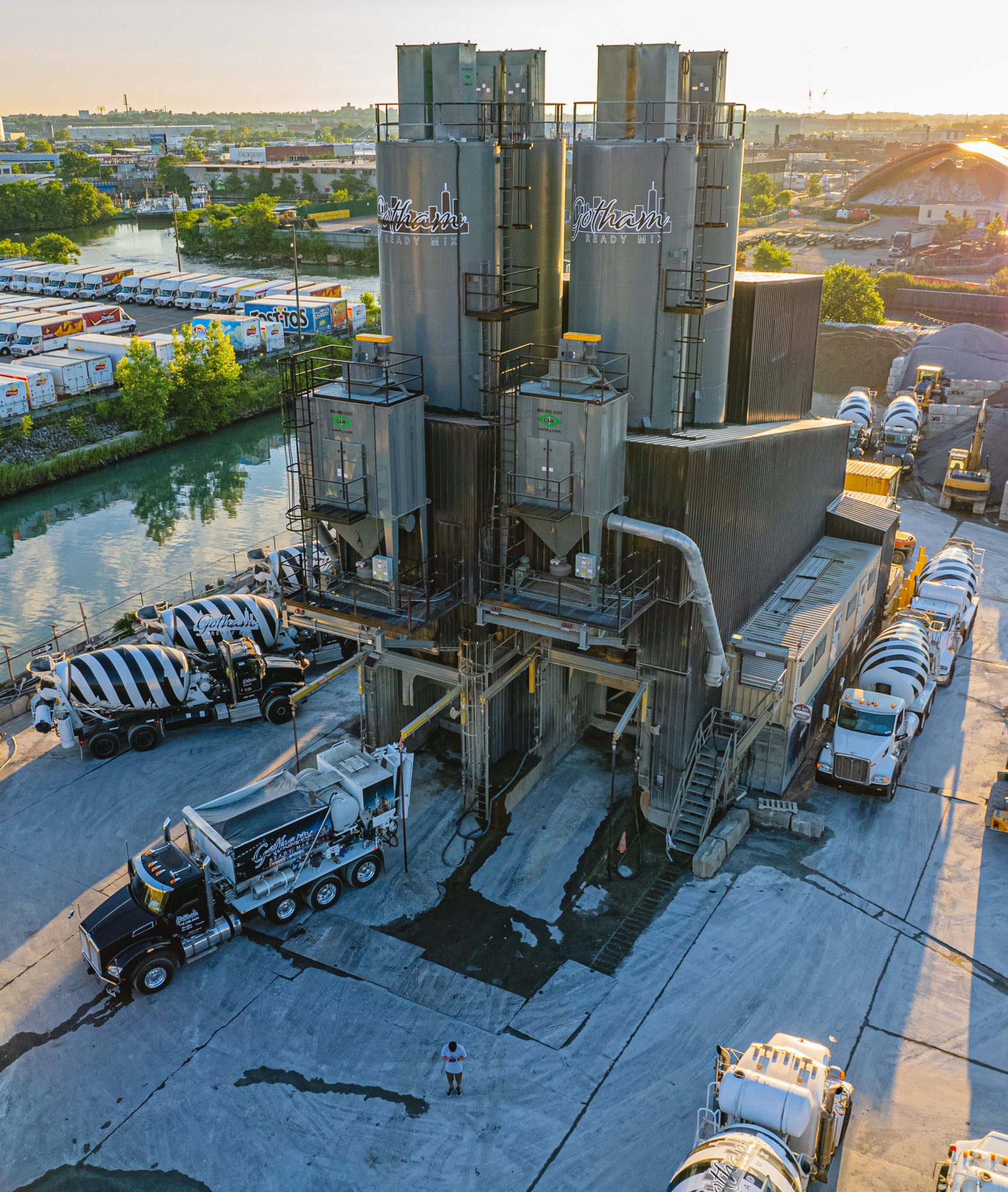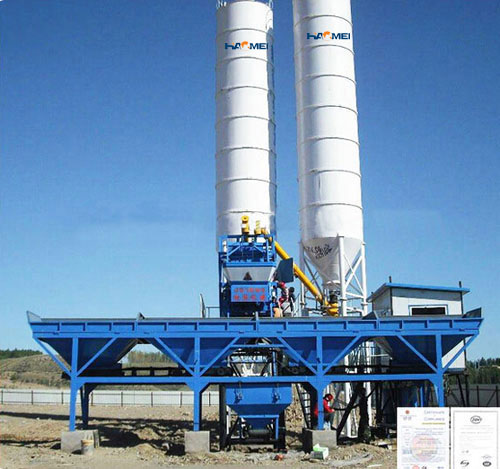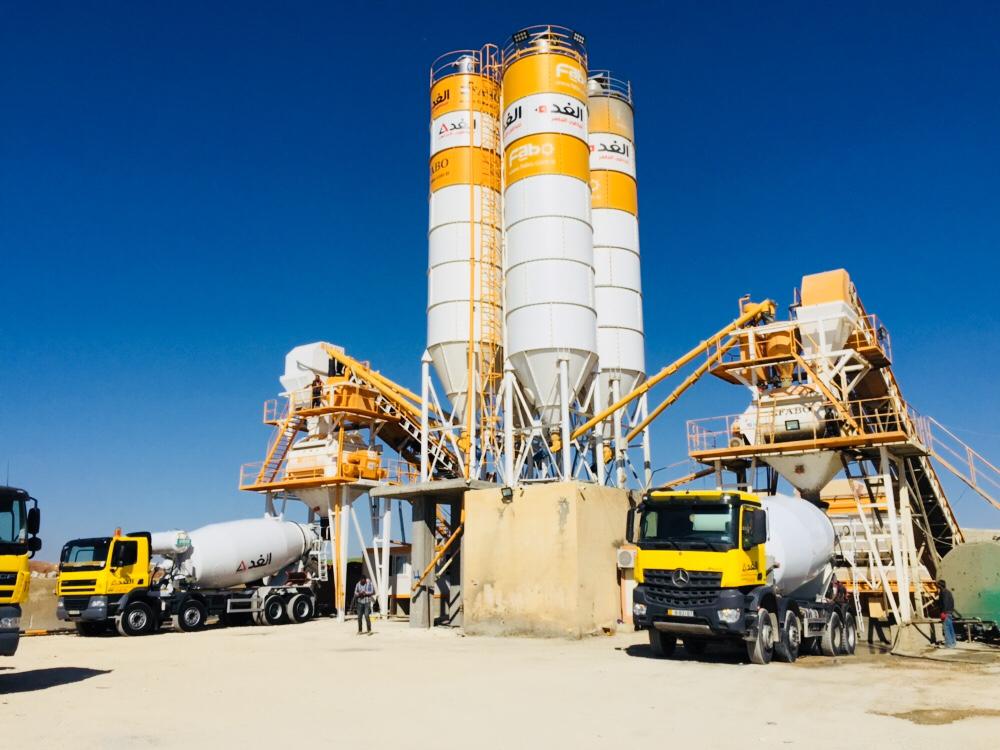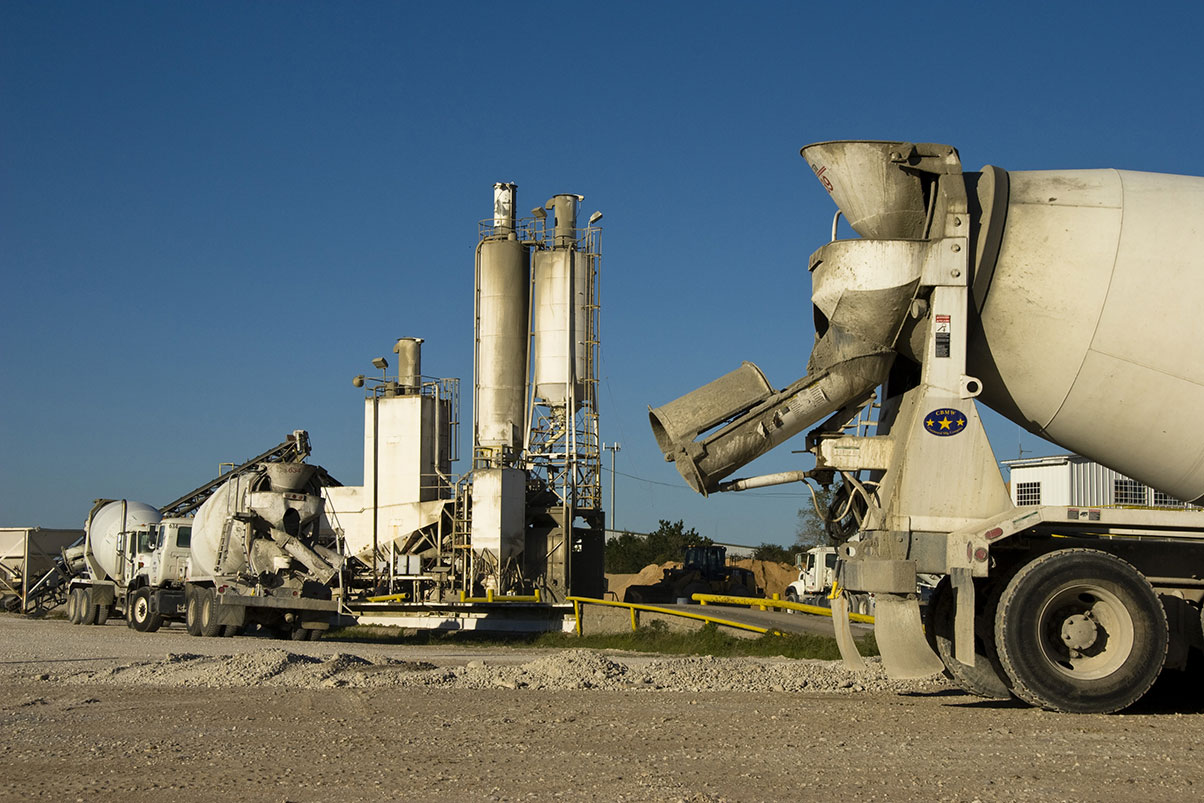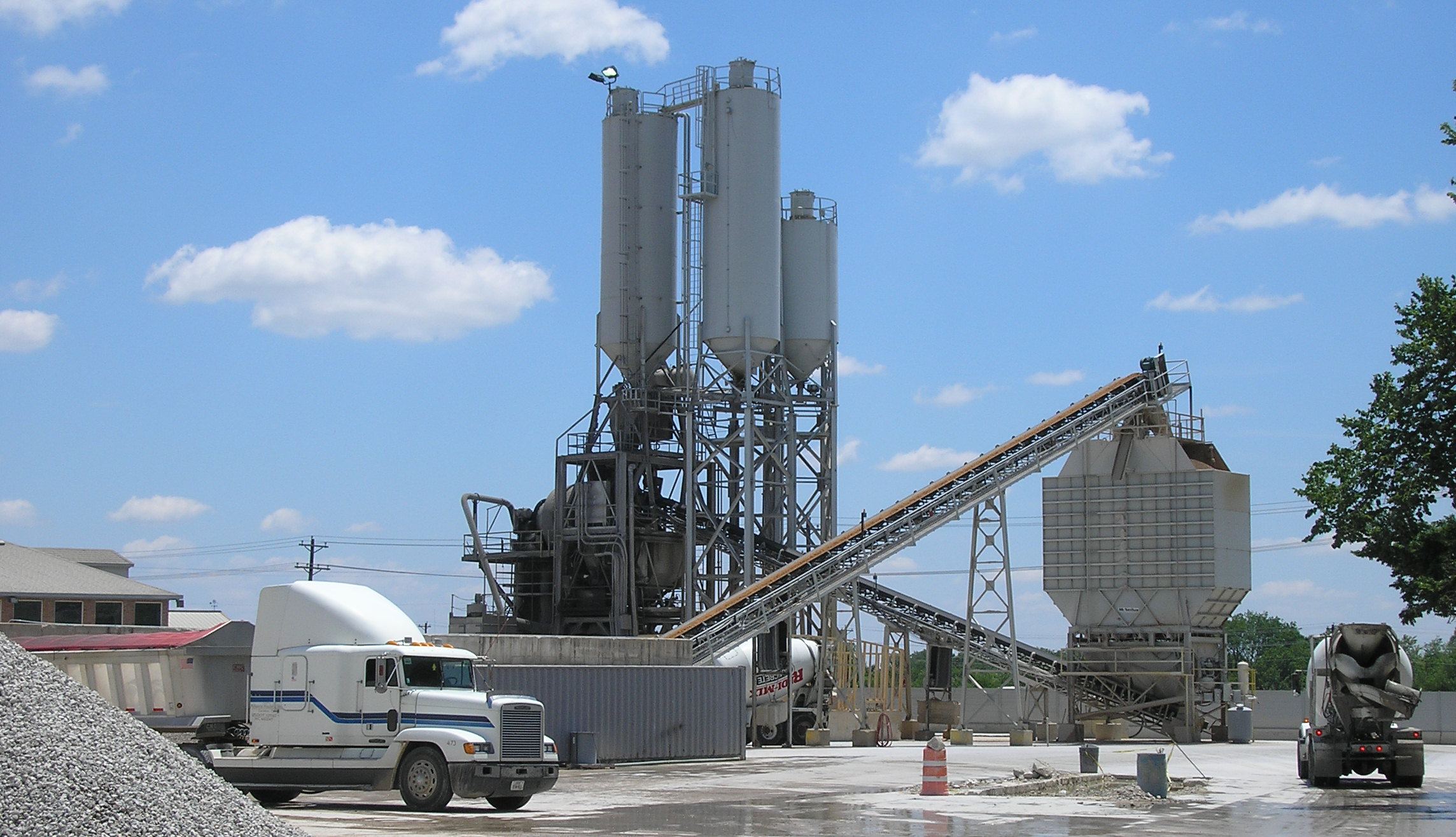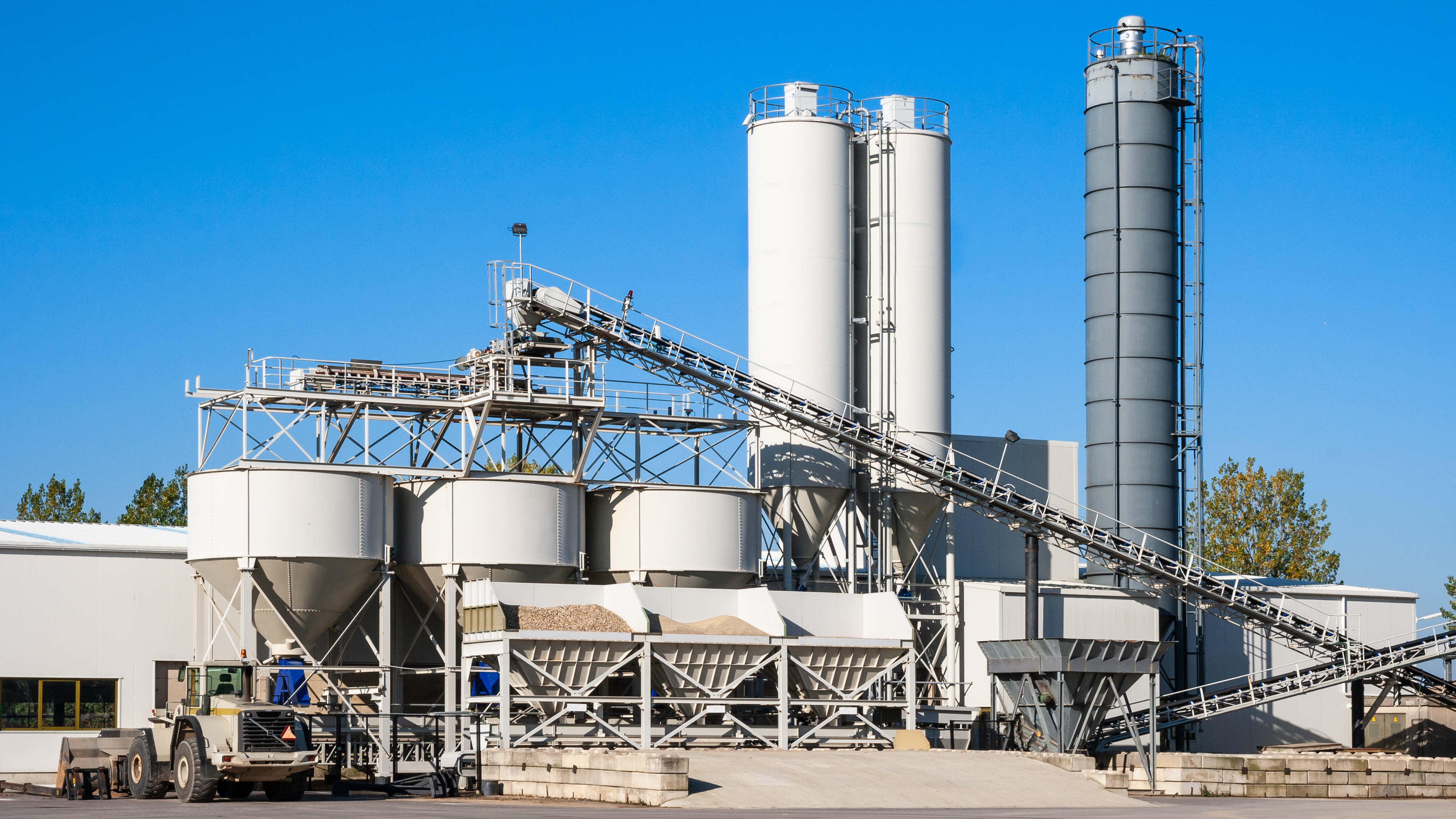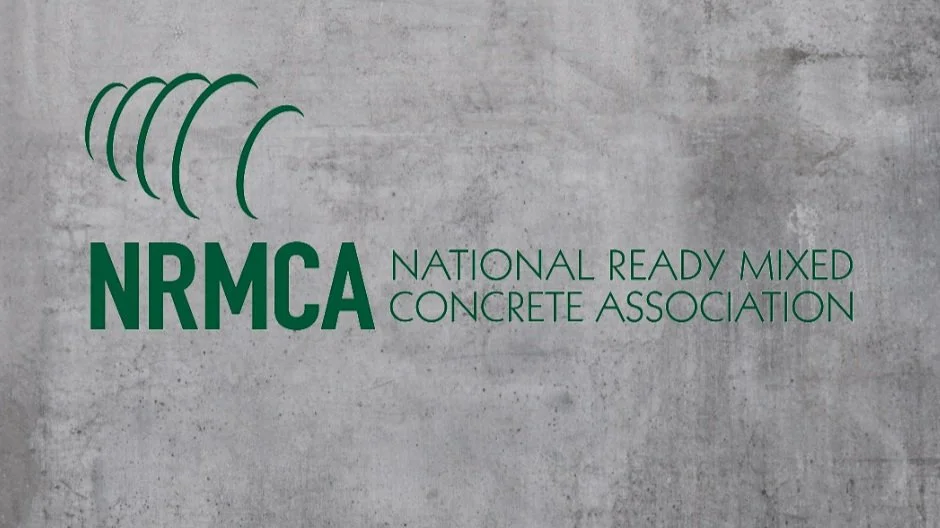National Ready Mixed Concrete Irvine Plant
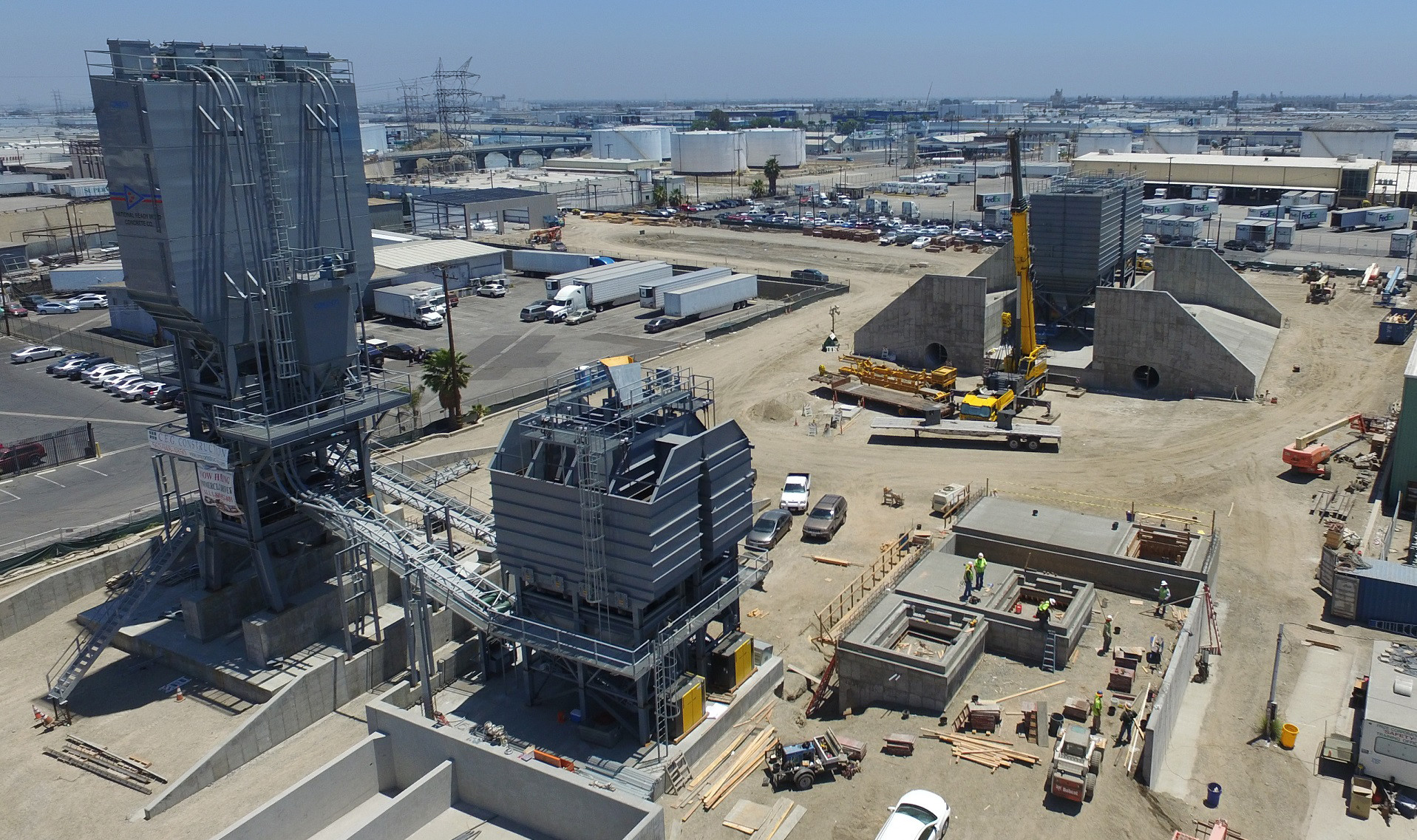
The National Ready Mixed Concrete (NRMC) plant in Irvine, California, a key supplier for construction projects throughout Orange County, continues to operate amidst evolving environmental regulations and ongoing community discussions about its impact. The plant's operations, essential for regional infrastructure development, are under increasing scrutiny from local residents and environmental groups concerned about air quality, noise pollution, and traffic congestion.
This article provides an objective overview of the NRMC Irvine plant, its significance to the construction industry, the environmental and community concerns it faces, and the measures being taken to address those concerns.
The Role of NRMC in Irvine's Development
Ready-mixed concrete is a fundamental material for a wide range of construction projects, from residential buildings to highways and bridges. The Irvine NRMC plant plays a critical role in supplying this material to contractors and developers in the region, supporting both public and private sector projects. Without a local supply, construction costs would likely increase due to transportation expenses and potential delays.
The plant facilitates ongoing construction and infrastructure development within Irvine and surrounding areas, contributing significantly to the local economy. The facility supports jobs in manufacturing, transportation, and construction, impacting the livelihoods of many residents.
Community Concerns and Environmental Impact
The operation of the NRMC plant has raised concerns among nearby residents, primarily related to environmental impact and quality of life. Air quality is a major issue, with residents reporting concerns about dust and particulate matter generated during concrete production and transportation. These emissions can contribute to respiratory problems and other health issues, particularly for vulnerable populations.
Noise pollution from the plant's machinery and truck traffic is another significant concern. The constant noise can disrupt daily life and negatively affect the overall quality of life for residents in close proximity to the facility. Increased truck traffic associated with the plant also contributes to traffic congestion on local roads, further impacting residents and potentially causing safety hazards.
Environmental groups have also voiced concerns about the plant's potential impact on water resources and soil contamination. Concrete production involves the use of water, and improper management of wastewater can lead to pollution of local waterways. Similarly, spills of raw materials or improper disposal of waste products can contaminate the soil, posing risks to the environment and human health.
Mitigation Efforts and Regulatory Oversight
NRMC is subject to environmental regulations at the federal, state, and local levels, designed to minimize the plant's environmental impact. These regulations cover various aspects of the plant's operations, including air emissions, water discharge, and waste management. The South Coast Air Quality Management District (SCAQMD) is the primary agency responsible for regulating air quality in the region and enforces regulations related to dust and particulate matter emissions from concrete plants.
The plant is required to obtain permits and undergo regular inspections to ensure compliance with environmental regulations. NRMC has implemented various mitigation measures to address community concerns and reduce its environmental footprint. These measures include installing dust control systems, such as water sprays and enclosures, to minimize particulate matter emissions.
The company also utilizes noise reduction technologies and operational procedures to minimize noise pollution, such as sound barriers and restricted operating hours. They are actively working to optimize truck routes and schedules to reduce traffic congestion and improve traffic flow around the plant. The implementation of stormwater management practices helps to prevent water pollution and protect local waterways.
Community Engagement
NRMC has engaged in community outreach efforts to address resident concerns and foster a dialogue about the plant's operations. The company has held public meetings to provide information about its operations, address questions from residents, and solicit feedback. They have also worked with community groups to develop solutions to mitigate the plant's impact on the surrounding area.
This includes investing in community projects, such as park improvements or infrastructure upgrades, to demonstrate its commitment to being a responsible corporate citizen. Regular communication with residents through newsletters and online updates keeps the community informed about the plant's activities and environmental performance.
Looking Ahead
The NRMC Irvine plant faces the ongoing challenge of balancing its essential role in the construction industry with the need to minimize its environmental impact and address community concerns. As environmental regulations become more stringent and community expectations rise, the plant will need to continue investing in mitigation measures and engaging with stakeholders.
The company will be expected to adapt and innovate in response to changing environmental standards and community demands. Continuous improvement in environmental performance is essential for maintaining a positive relationship with the community and ensuring the long-term sustainability of the plant. The situation at the NRMC plant underscores the broader challenges faced by industrial facilities operating in close proximity to residential areas.
Open communication, proactive mitigation efforts, and a commitment to environmental stewardship are critical for resolving conflicts and ensuring that economic development and community well-being can coexist. The future of the NRMC plant in Irvine depends on its ability to meet these challenges and adapt to the evolving needs of the community and the environment.



